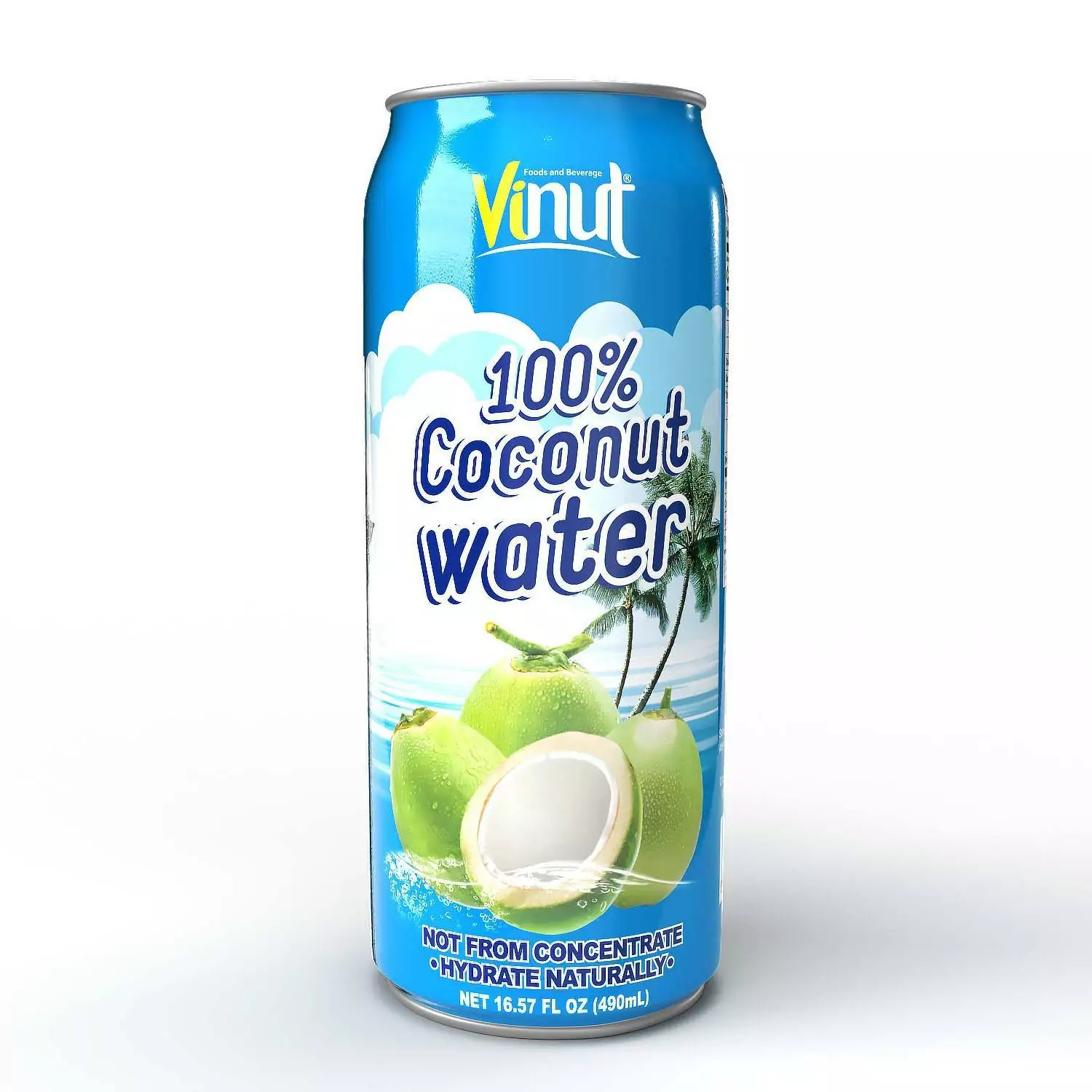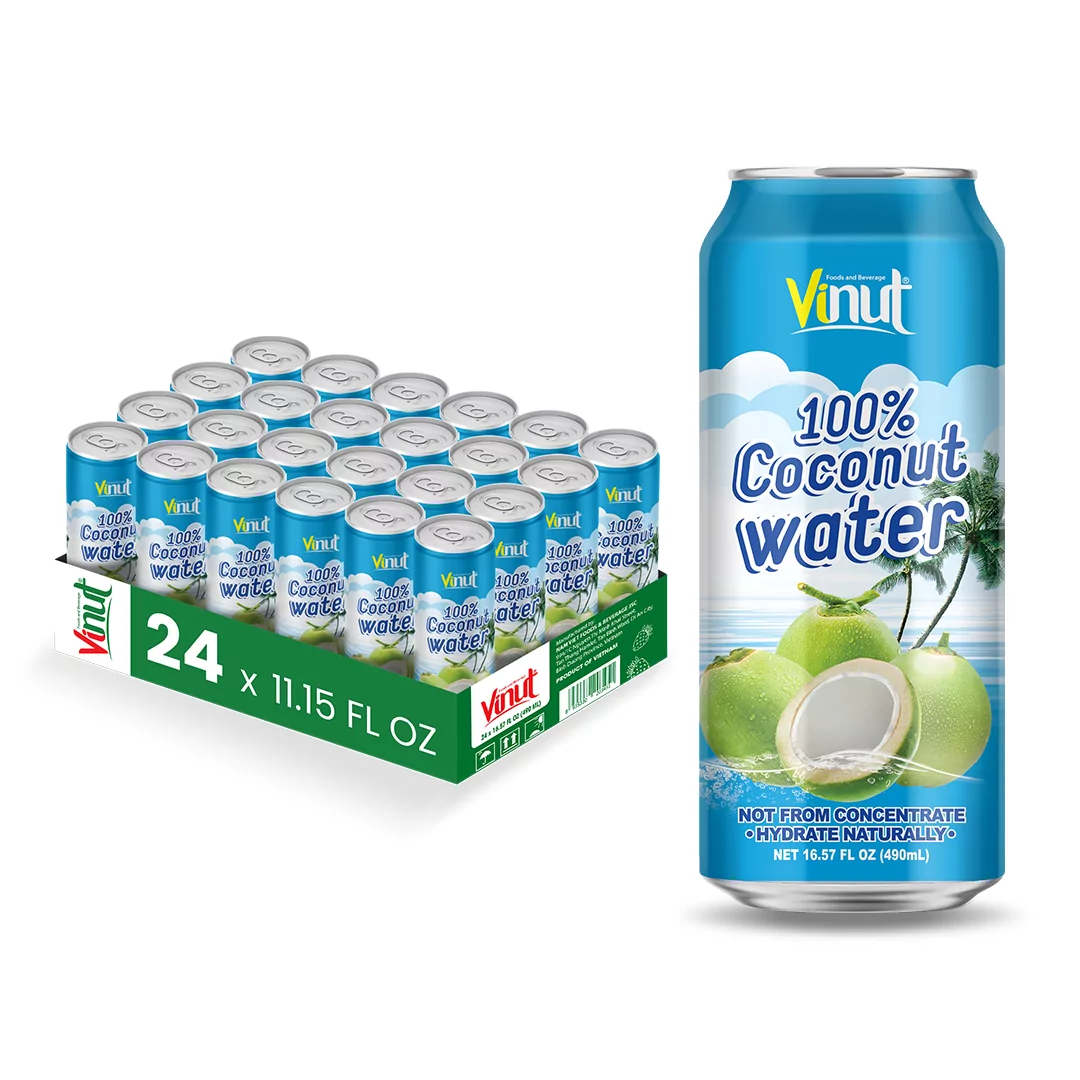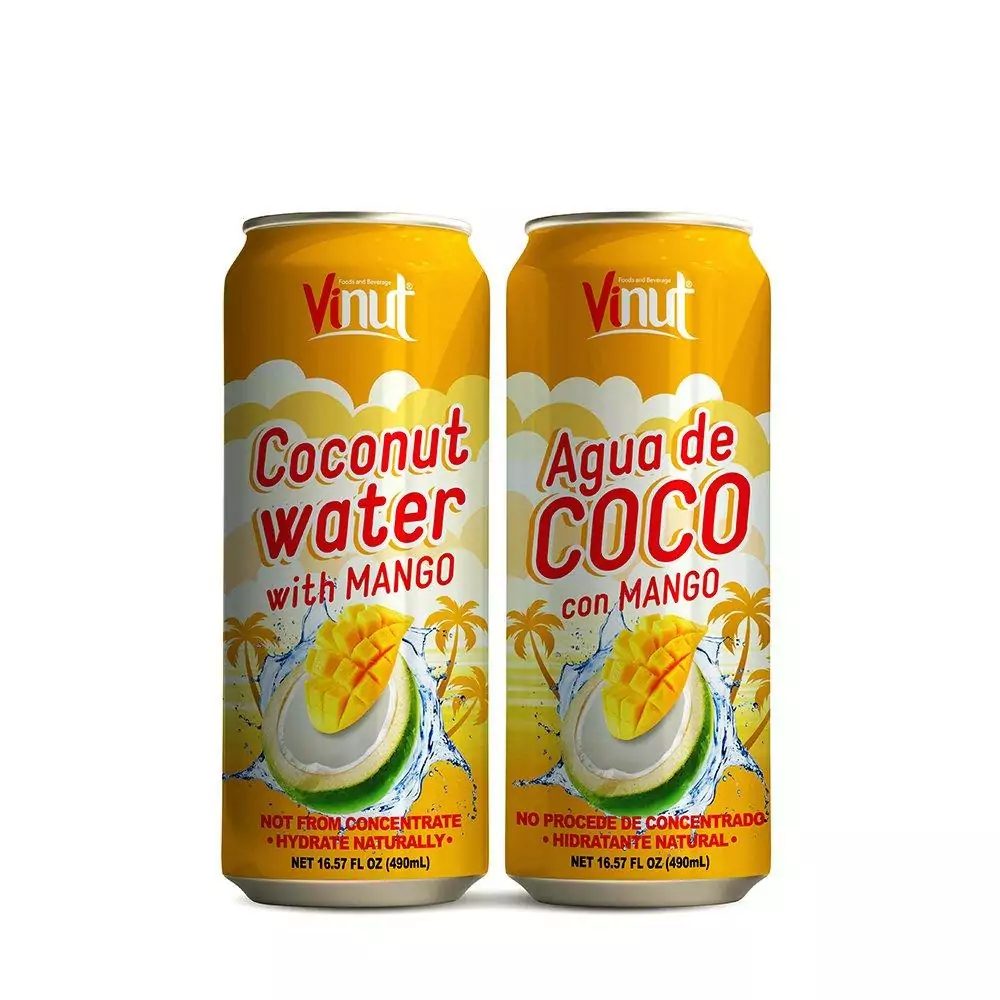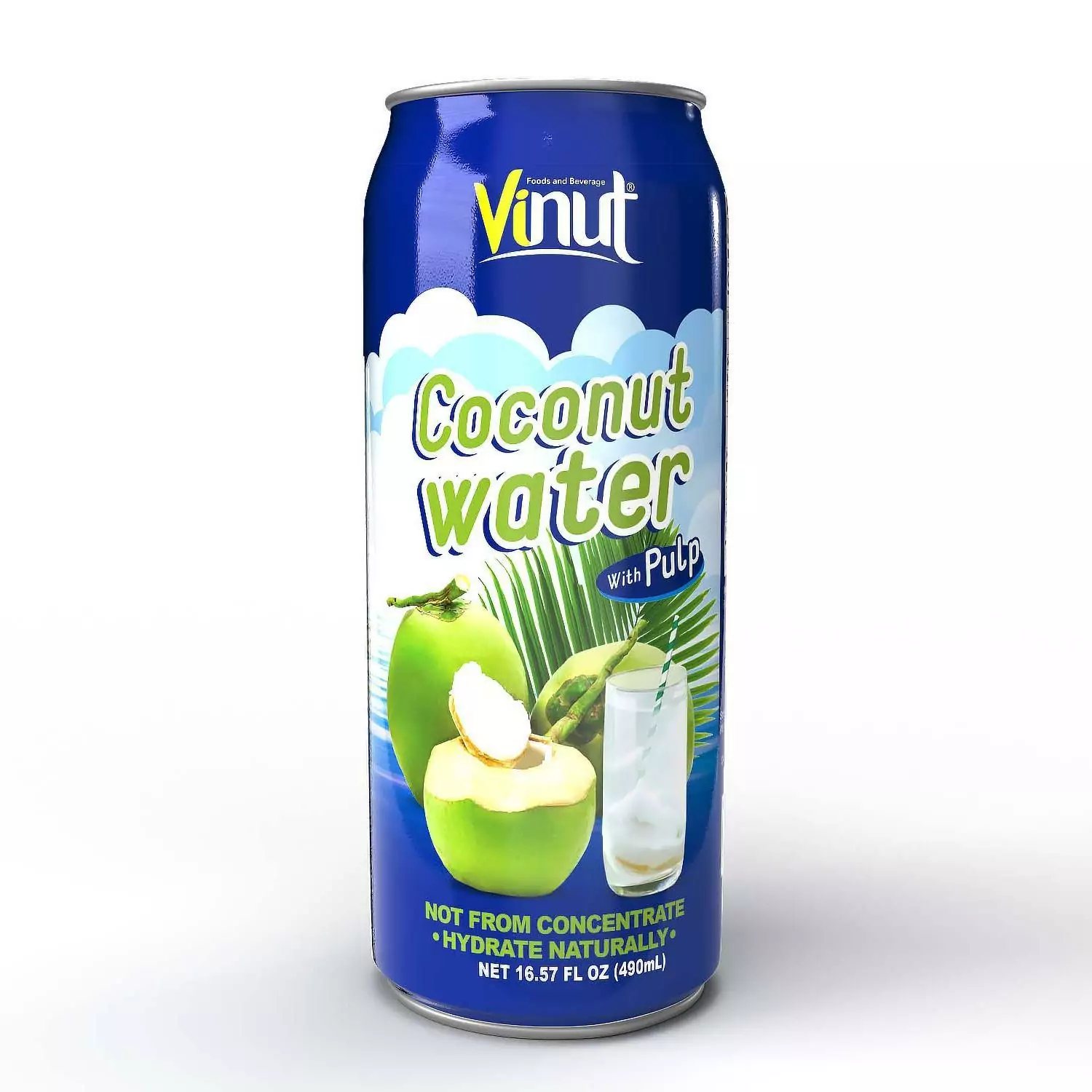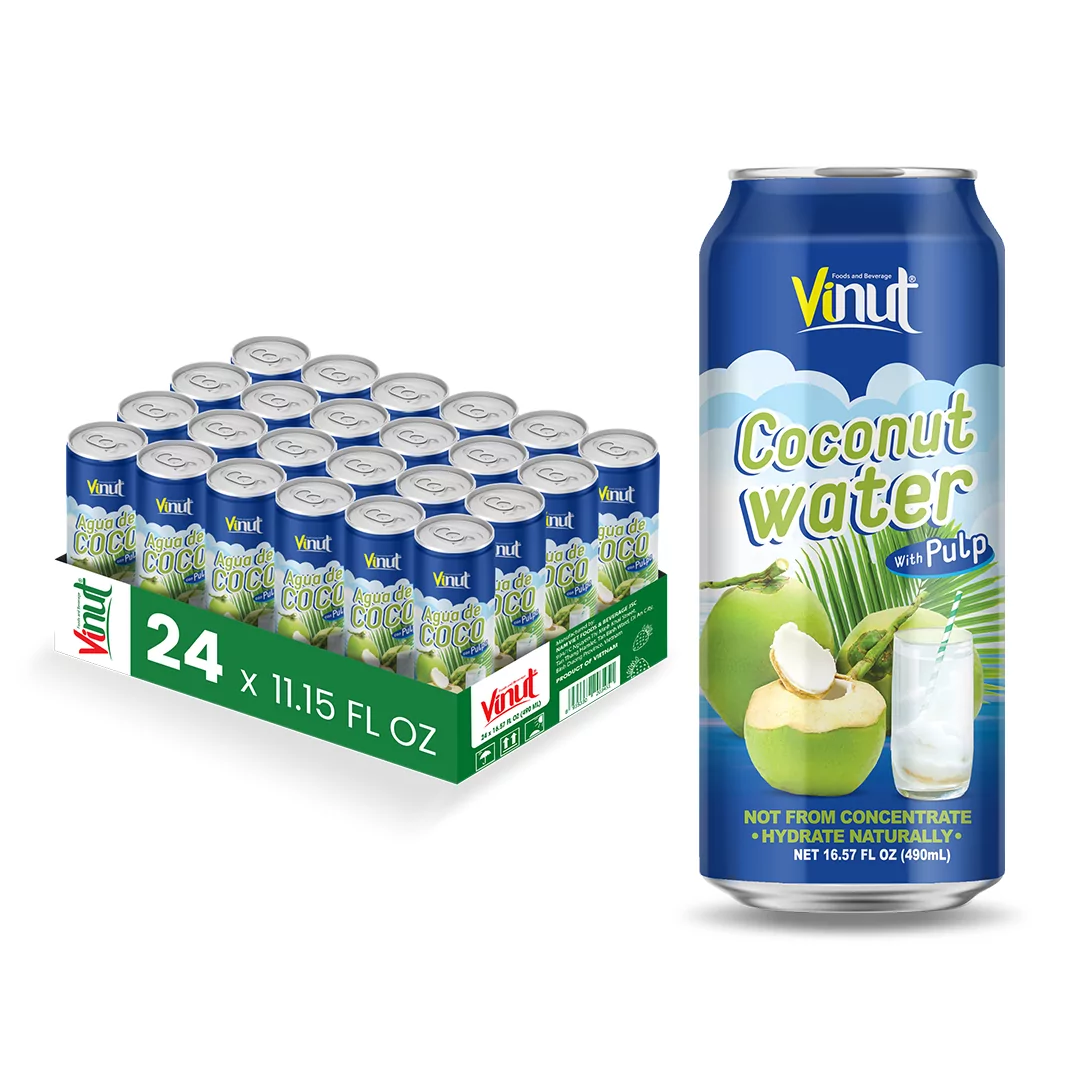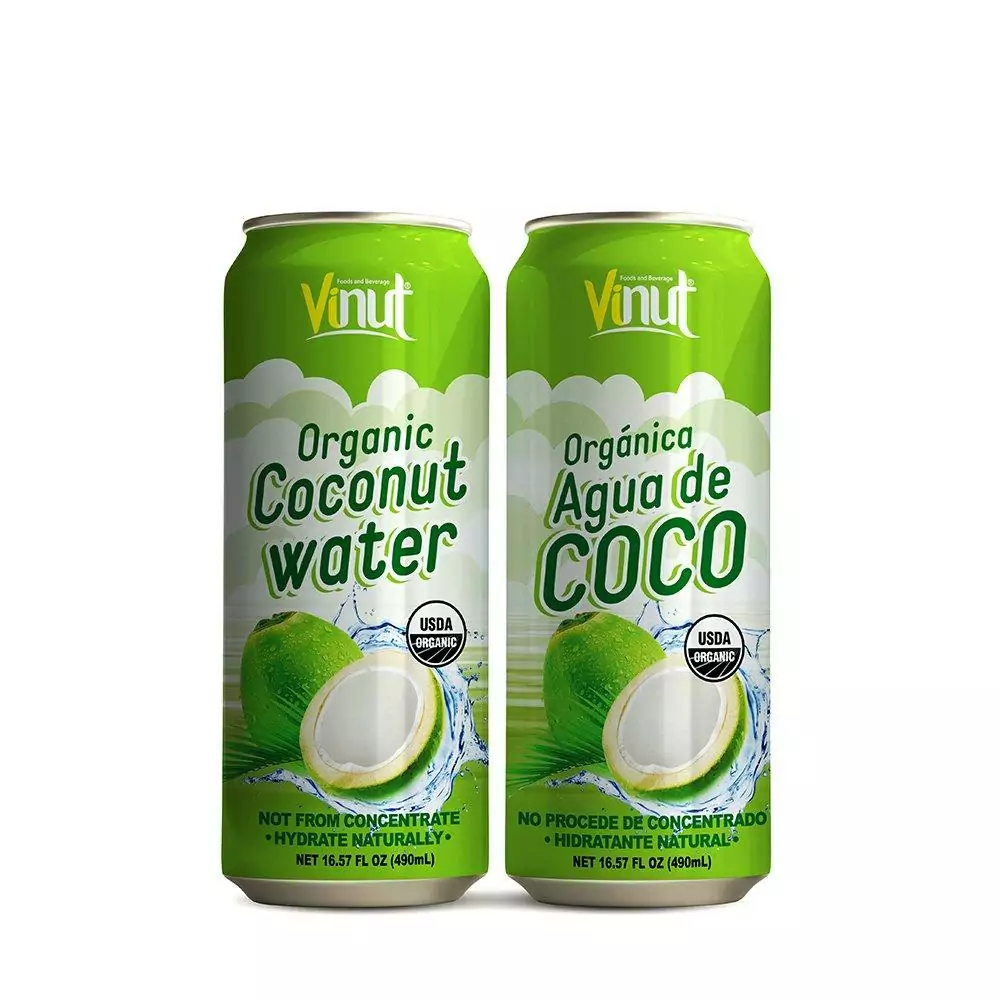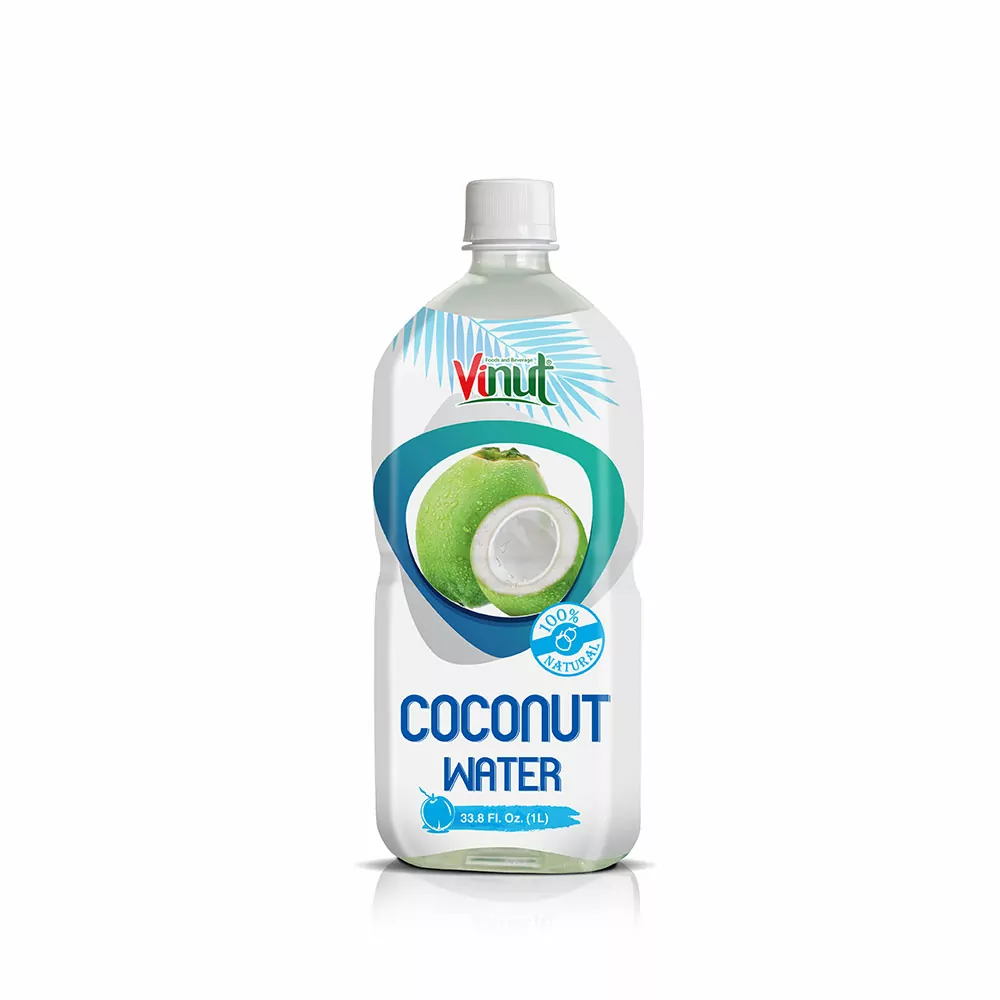Coconut Water vs Sports Drinks: Which is Better for Hydration?
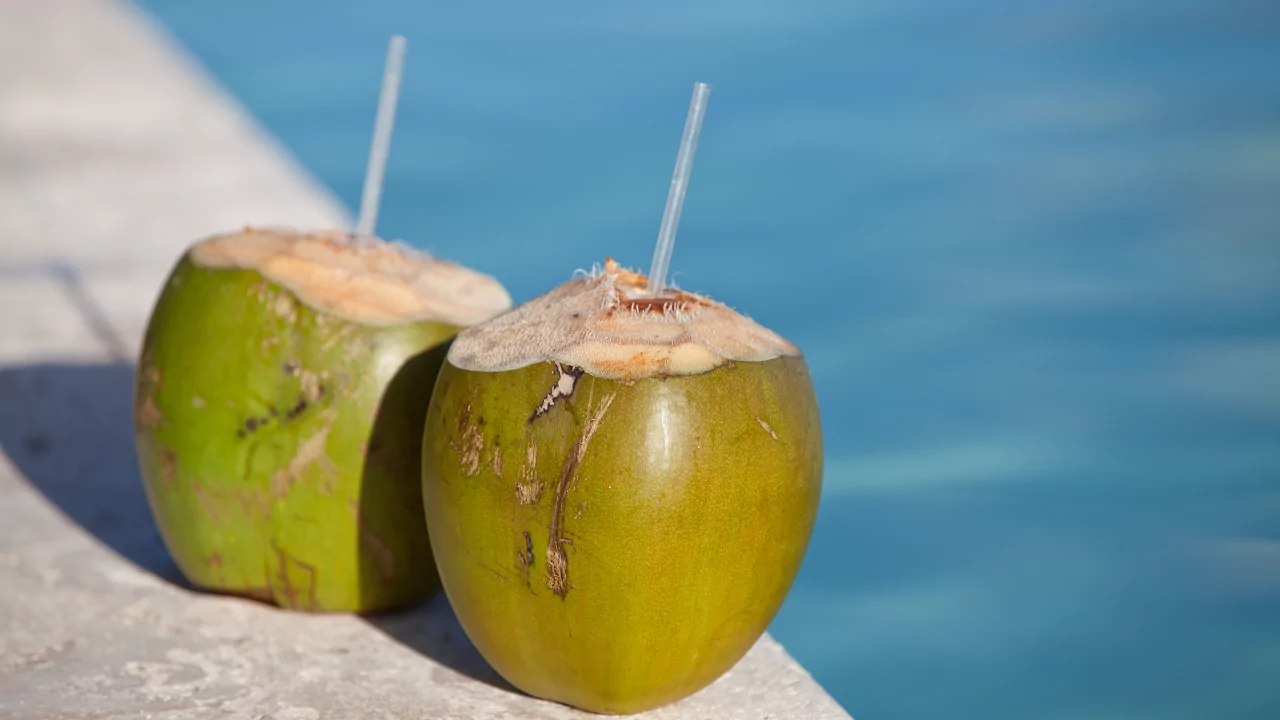
Summary
Hydration is a cornerstone of athletic performance and general health, particularly in contexts involving high physical exertion or exposure to heat. As sports drinks have become ubiquitous among athletes and casual exercisers alike, many consumers and researchers have begun to question their necessity — and whether natural alternatives like coconut water might offer comparable or superior benefits without the synthetic additives. This article examines coconut water versus sports drinks from a nutritional and physiological perspective to determine the more effective hydration option.
Understanding Hydration and Electrolyte Balance
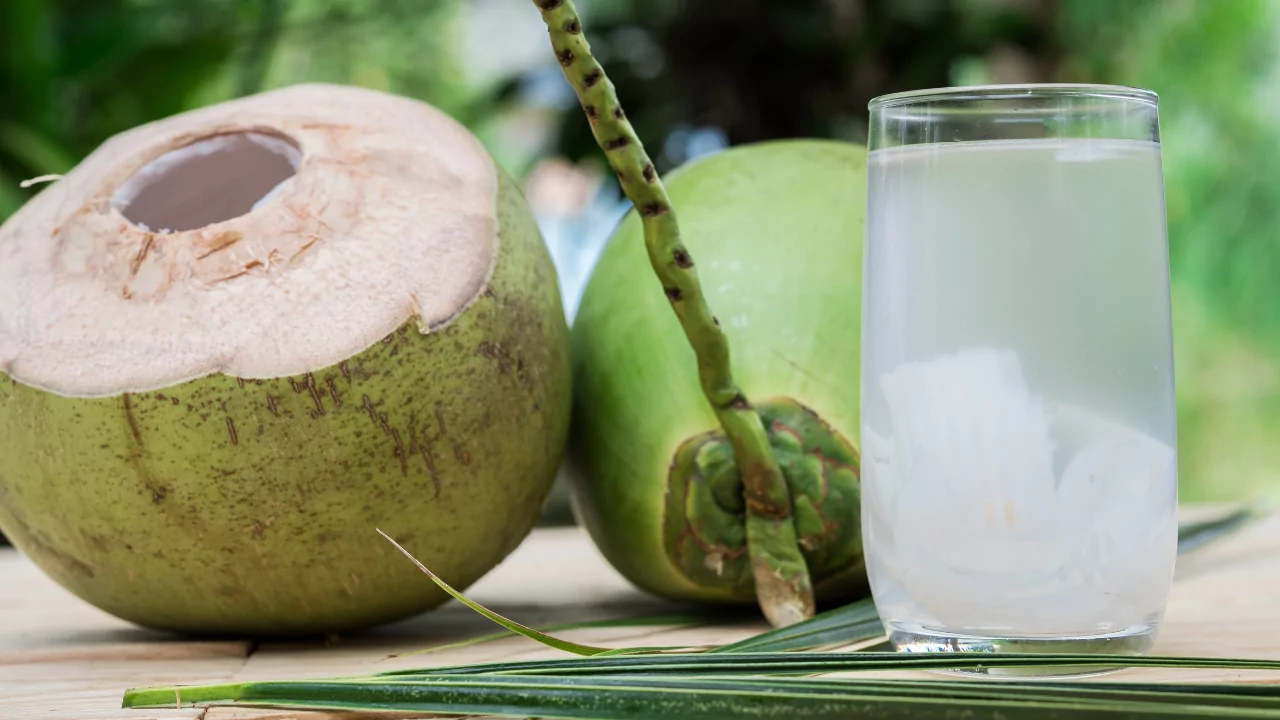
Hydration is not merely about water intake; it involves the maintenance of electrolyte balance — primarily sodium, potassium, magnesium, calcium, and chloride — that supports nerve function, muscle contraction, and fluid regulation. During intense or prolonged exercise, especially in hot environments, the body loses significant amounts of water and electrolytes through sweat, necessitating effective replenishment.
Nutritional Comparison: Coconut Water vs Sports Drinks
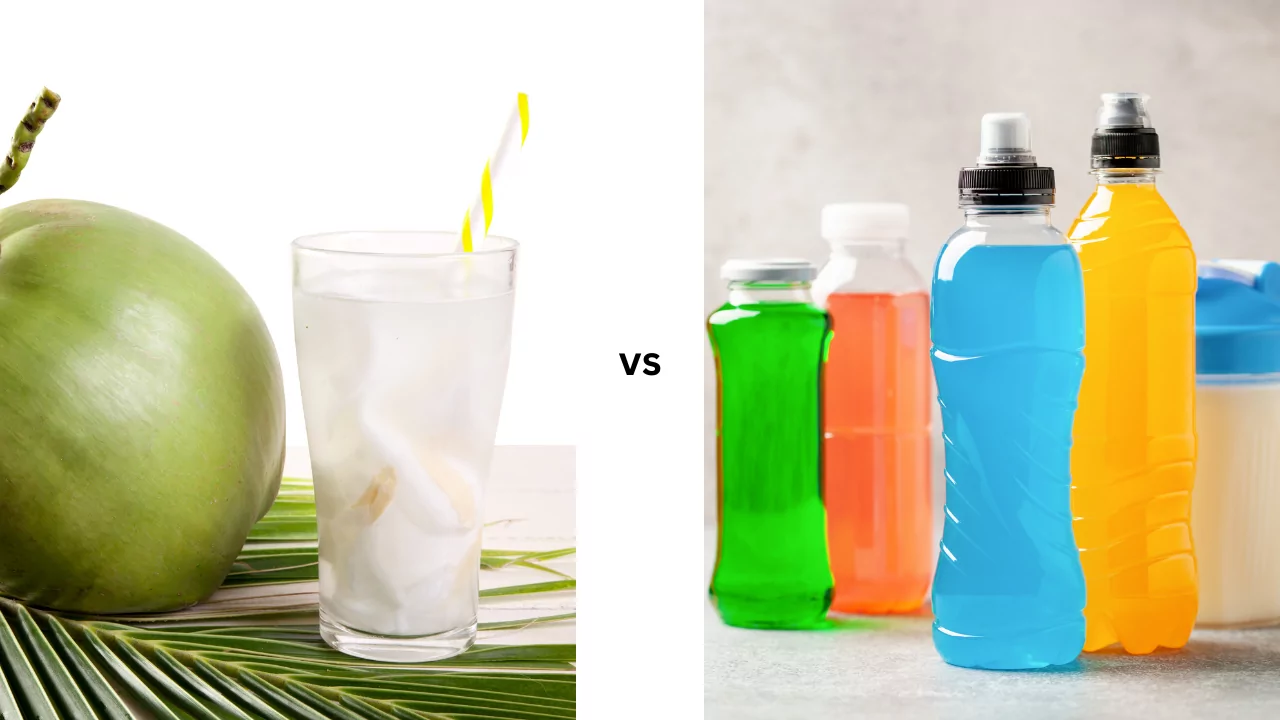
1. Electrolyte Composition
Coconut water, the clear fluid from young green coconuts (Cocos nucifera), is naturally rich in potassium, containing approximately 600 mg per 240 mL — significantly more than typical sports drinks. It also contains small amounts of sodium, calcium, and magnesium. In contrast, most commercial sports drinks such as Gatorade or Powerade contain higher sodium (often 100–200 mg per 240 mL) but relatively lower levels of potassium (about 30–40 mg).
While sodium is crucial for fluid retention and is lost in greater quantities through sweat, potassium plays a complementary role in muscle function and cardiovascular regulation. The disparity in electrolyte profile suggests that coconut water may be more suitable for moderate activities or recovery, whereas sports drinks are designed for rapid sodium replenishment during high-intensity exertion.
2. Sugar Content and Caloric Load
Coconut water contains naturally occurring sugars (about 6 grams per 240 mL), while sports drinks often contain added sugars such as high fructose corn syrup or sucrose, totaling 20–25 grams per serving. For athletes requiring quick energy during prolonged exertion, this may be beneficial. However, for the average individual or light exerciser, the lower sugar content in coconut water presents a healthier alternative with fewer calories.
Functional Benefits Beyond Hydration
1. Antioxidant Properties

Coconut water contains antioxidants such as L-arginine, ascorbic acid (vitamin C), and cytokinins, which have been associated with anti-inflammatory and cellular protective effects. These compounds may help reduce oxidative stress induced by exercise, a benefit that traditional sports drinks typically do not offer.
2. Gastrointestinal Tolerance

A practical concern with rehydration drinks is gastrointestinal tolerance. Several studies have shown that coconut water is well tolerated and causes less nausea, fullness, or stomach upset compared to commercial sports drinks. This is particularly relevant in endurance sports where gastrointestinal distress can impair performance.
Environmental and Additive Considerations
Coconut water has another point in its favor: it's a natural, plant-based beverage typically free of artificial colors, preservatives, and synthetic flavorings. Most commercial sports drinks contain food dyes (e.g., Yellow 5, Red 40), artificial flavor enhancers, and chemical stabilizers, which have come under scrutiny for potential long-term health effects and environmental impact.
From a sustainability perspective, coconut water is often harvested with minimal processing and lower carbon footprint, though this can vary depending on sourcing and transportation methods.
Conclusion
Coconut water is an excellent, natural hydration option for moderate physical activity, recovery, and daily fluid replenishment. It provides key electrolytes with fewer calories and no artificial ingredients. However, during prolonged or intense athletic performance involving high sweat loss, a carefully formulated sports drink with higher sodium content may be more appropriate.

